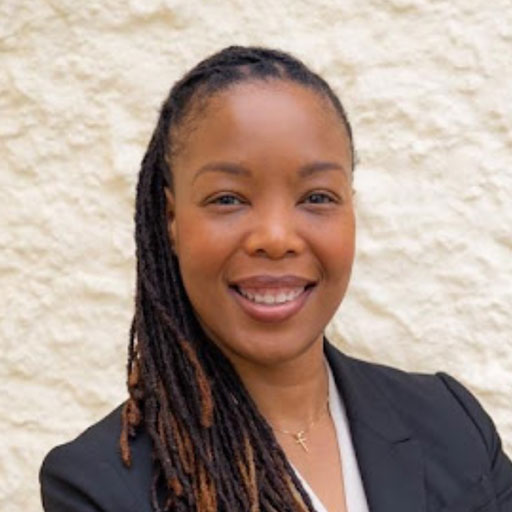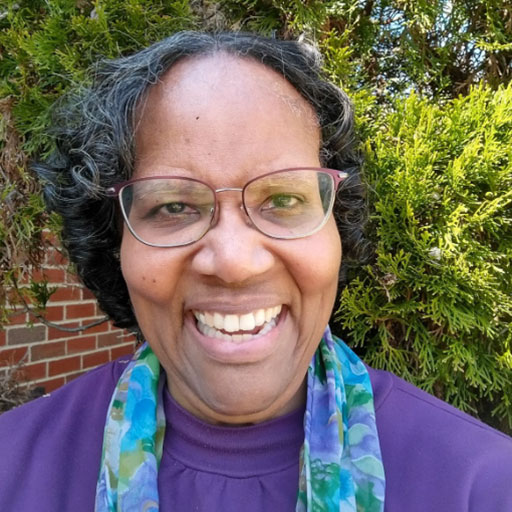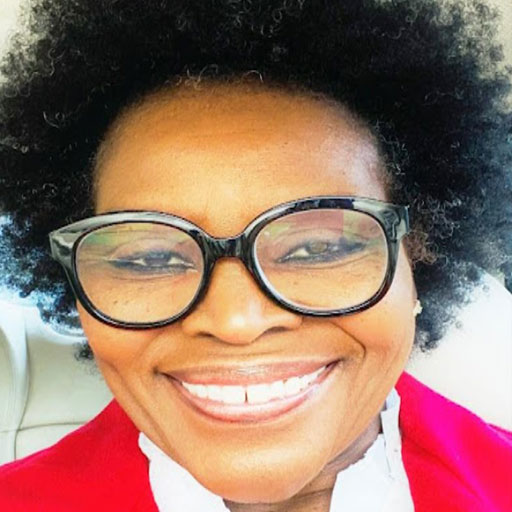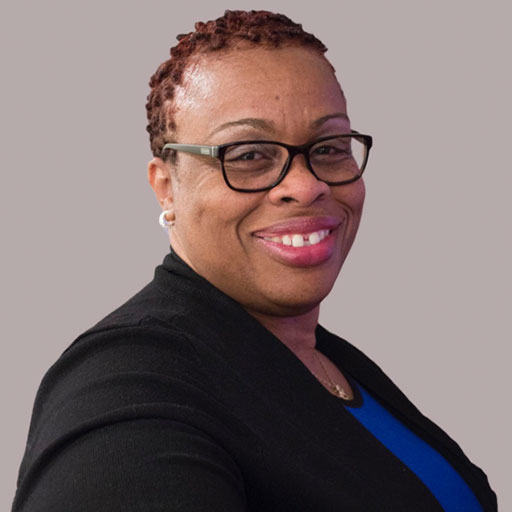Meet the Faces Behind the Maryland AIDS Drug Assistance Program
Since 1987, the Maryland AIDS Drug Assistance Program (MADAP) has ensured that people living with HIV in the state of Maryland have access to the medication they need in order to lead healthy lives.
Funded primarily through the Ryan White CARE Act, this statewide program pays for the medication of eligible clients who have no insurance. MADAP also helps clients who do have insurance get their medication by paying for eligible co-pay and deductible costs.
In addition to these services, MADAP hosts webinars and meetings and offers a 14-module foundational training series on the availability of and access to MADAP services. Clients, healthcare providers, case managers, and other stakeholders have access to these resources through the MADAP Resource Center on Alive! Maryland’s website.
The Alive! Maryland team spoke with a few of the faces behind MADAP operations to gain perspective on their motivations for engaging in this work and their hopes for the future of the program.
Read about their experiences below!
Misty Carney, B.S., PharmD., AAHIVP
Center Chief

As Center Chief for MADAP since 2020, Misty Carney oversees the total operations of the program. This includes eligibility, pharmacy benefits, insurance premium payments, and premium insurance payments.
A pharmacist by training, her current role allows for her interests in pharmacy, HIV, and public health to intersect. With the awareness that MADAP can bridge the gap for people living with HIV with financial limitations, she hopes to garner more community engagement in the near future.
“Being more engaged with the community to identify what those challenges are is where we can improve, and it’s something that we look forward to doing here within the next few years,” Carney said. “We could do a better job of closing the gaps for those folks who may have issues obtaining viral loads on a regular basis – regular meaning no more than every 12 months – and making sure that they are virally suppressed.”
Having joined MADAP at the height of the COVID-19 pandemic, she believes that the modernization of MADAP resources and capacities has been one of the biggest changes over the past few years. In addition to shifting workflow into digital processes and navigating the state’s payment system, the team is currently working towards centralized eligibility.
“We’re working to develop a totally new platform that automatically provides visibility into documentation that every Ryan White provider across the state can see…that helps the client move seamlessly through Ryan White services,” Carney said.
Regarding the future of MADAP, Carney hopes to see a complete digital shift, particularly one that allows clients to submit their paperwork digitally.
“We also want to give the clients an easier way to know the status of their eligibility – the status of their insurance payment. The system that we’re looking to create will give them visibility into that,” Carney said.
A 2022 Bloomberg American Health Initiative Fellow at John Hopkins Bloomberg School of Public Health, Carney remains wholly dedicated to improving the lives of people living with HIV professionally and academically.
Arlette Lindsay, PA
Clinical Advisor

Arlette Lindsay has worked with MADAP since 2004, and by 2006, she adopted the title of Clinical Advisor. However, she began her career as a physician assistant in 1981. By 1987, she started working directly with HIV, and around the same time, AZT got approved by the FDA, facilitating the establishment of the MADAP program.
MADAP has grown a lot over the years, and so have its programs. One of these programs is dedicated to training healthcare providers and support staff.
“One of the things that also grew with MADAP was a dedicated training program where we did things along the lines of outreach and direct training so that we could continue to build up those who were providing medical case management and support services to their clients in their clinical settings to help improve the deliverables of MADAP,” Lindsay said.
Lindsay seconds the idea that COVID-19 made a significant impact on the way in which MADAP functions, forcing the program to go digital. While some capacities are still in the early stages of development, she is excited for the program to continue digitizing its assets.
“If there’s been any major advancement that’s come about, it is to try and integrate the program that has existed all these years into a newer format – one that’s a much more interactive format with respect to our clients and our case managers so that folks can eventually have electronic means of accessing the application system,” Lindsay said.
Along with the expansion of the MADAP formulary, Lindsay has seen improvements in the coordination of benefits with other provider networks. For the future of the program, she hopes to see a more concerted effort to address HIV and aging.
“One of the things I want to see more broadly across maybe the bureau itself and other aspects of the health department is finding better ways to integrate issues around HIV and aging into larger issues around both health and aging,” Lindsay said. “That means that the continued resources within the MADAP program, particularly looking at those periods of transitions when people, for instance, come into Medicare, are going to be critical.”
Lindsay currently serves on the Maryland Coalition on HIV and Aging, which is separate from the state. While she plans to retire from MADAP soon, she intends to stay engaged within the realm of HIV and aging, and she is ever-proud of the work MADAP does.
Veronica Smith
Quality Assurance Supervisor

Veronica Smith first joined MADAP as an Eligibility Specialist in 2002. Having worked in the human services field since 1990, she decided that she wanted to further her customer service experience, prompting her to apply for a position at MADAP. Now working as the Quality Assurance Supervisor, she is able to ensure that clients are getting the best service possible.
Since joining MADAP, she has witnessed the degree to which the program has grown.
“Back in 2002, there weren’t as many clients enrolled as there are now; there were a little over maybe 3,000 – close to 4,000 – and now we’re close to 6,800,” Smith said. “Staff-wise, we have grown tremendously. Before we had just eligibility specialists, and a few insurance specialists, and now we have pharmacy specialists and people working on rebates.”
The process that clients have to go through for getting their medications has also changed, allowing MADAP to pay for both the insurance and the medications of many more clients. Right now, her department is currently working towards hiring more staff.
“We want to have enough staff to make sure that the quality of work that’s being performed in our program is being adhered to according to the policies and the procedures set for us by HRSA and other state legislation,” Smith said.
Smith hopes that more people within the community will become more aware of what MADAP does to help stop the spread of HIV.
“I would like to see more outreach into the communities in the state of Maryland, letting people know that we are here and this is what we do,” Smith said. “There are a lot of clients that do appreciate what we do, who know who we are, but then there are some that may not know that we are here to help.”
Elaine McLeish
Client Services Eligibility Supervisor

Elaine McLeish has served as the Eligibility Supervisor since October 2022, but she has been with MADAP for over 15 years. With a background in human services and insurance, she and her team review applications to ensure that they meet all of the requirements and have all of the documentation to go to the insurance team.
Originally from Jamaica, working with MADAP helped her to address HIV and sexuality-related biases.
“Learning about the disease and how it affects other people and their lives has changed my life,” McLeish said. “ I don’t see these applications as paper – I see them as people.”
In her opinion, one of the biggest challenges faced by the team relates to ensuring that immigrants feel safe enough to send in their information.
“They don’t realize that even if they applied [for insurance] it won’t affect their immigration status and that we’ll pay it,” McLeish said. “It’s a challenge…getting them to understand that we’re not immigration officers; we’re not reporting you. We just want to help you.”
For the future of MADAP, she hopes to see her coworkers get more recognition for the work that they do.
“The staff here is excellent,” McLeish said. “When there’s an issue, we all put our heads together and figure it out and we always come up with a plan that is about the client, that they are okay no matter what steps we have to take.”
